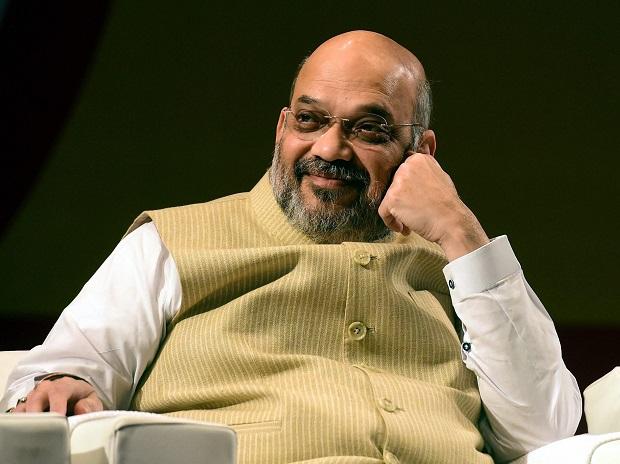It has been more than 20 days since JNU students started a protest on 28 October against the hostel fee hike, but, the issue is yet to be resolved. It became a talking point for National Media, which was clearly polarized on the issue, depending on the ideology of the channel. The students marched towards the parliament to register protest against fee hike but were beaten by the Delhi Police and paramilitary forces.
Union Human Resource Development Minister Ramesh Pokhriyal ‘Nishank’, who was held captive by the students at AICTE building, has not been able to resolve the issue so far. The matter has become so big that, Home minister Amit Shah personally met the HRD minister to discuss the students’ protest and possible steps to resolve the issue.
After the continuous protest, the administration rolled back the fee hike ‘partially’- for students from the economically weaker section, but, the students continued to protest. Finally, the Union HRD ministry formed a committee to resolve the issue.
Delhi Police, which is under Union Home Ministry, has been involved in the matter, as they were tasked with sending back the students to university. The Home Ministry said that it has taken due cognizance of the matter and, asked the HRD ministry to take concrete steps to resolve the issue.
“The home minister has asked the HRD ministry to resolve the issue at the earliest. He was informed that a committee has already been formed to look into the entire issue,” said a senior official from HRD ministry.
The university administration, in order to improve facilities, increased the monthly fee from 10 rupees per month to 300 rupees, for single-seater while that of double seater was increased from 20 rupees per month to 600 rupees.
The administration also introduced service charge of 1,700 rupees per month. The protesters are demanding that “the 999 per cent fee hike from 2,740 to 30,100 annually must be rolled back immediately.”
It is not tough to comprehend that JNU students were living at a ‘nominal fee’ and the administration increased the charges in order to improve the facilities. Living in a posh area of Delhi at a nominal fee of 10 rupees per month is a luxury that only JNU students could afford.
Given the nominal hostel fees, some students had spent more than a decade at the university. Many students do double Masters, take seven or eight years to complete Ph. D, only to spend maximum time in JNU. This is economical too, given the dirt-cheap price of canteen food, and negligible Hostel Fee, one can easily spend a month in JNU with 5,000 rupees in his/her pocket. Therefore, even if one works only on weekends, the person does not need pocket money from guardian to live a good life in the posh location of South Delhi.
The unlawful activities have become an everyday occurrence in JNU. From anti-national slogans to illegal trafficking banned drugs, holding the Vice-Chancellor and professor hostage for hours, JNU has been in news for all the wrong reasons for years.
JNU is a ‘promised land’ to adherents of Communism. The extreme freedom of expression, ideas, clothing, for which space around the world is shrinking can find space in the Promised Land.
The slogans like- Lal Salaam, We Shall Fight, We Shall Win, Brahmanvad Ho Barbaad, Bharat Tere Tukde Hoge Inshallah Inshallah, Kashmir Ki Azaadi Se Bharat Ki Barbaadi tak Jang Rahegi Jang Rahegi could be heard only inside the boundary walls of JNU.
Employing a central government’s paramilitary force is necessary to maintain law and order situation, in which the students who want to focus on studies and research could do the same.
